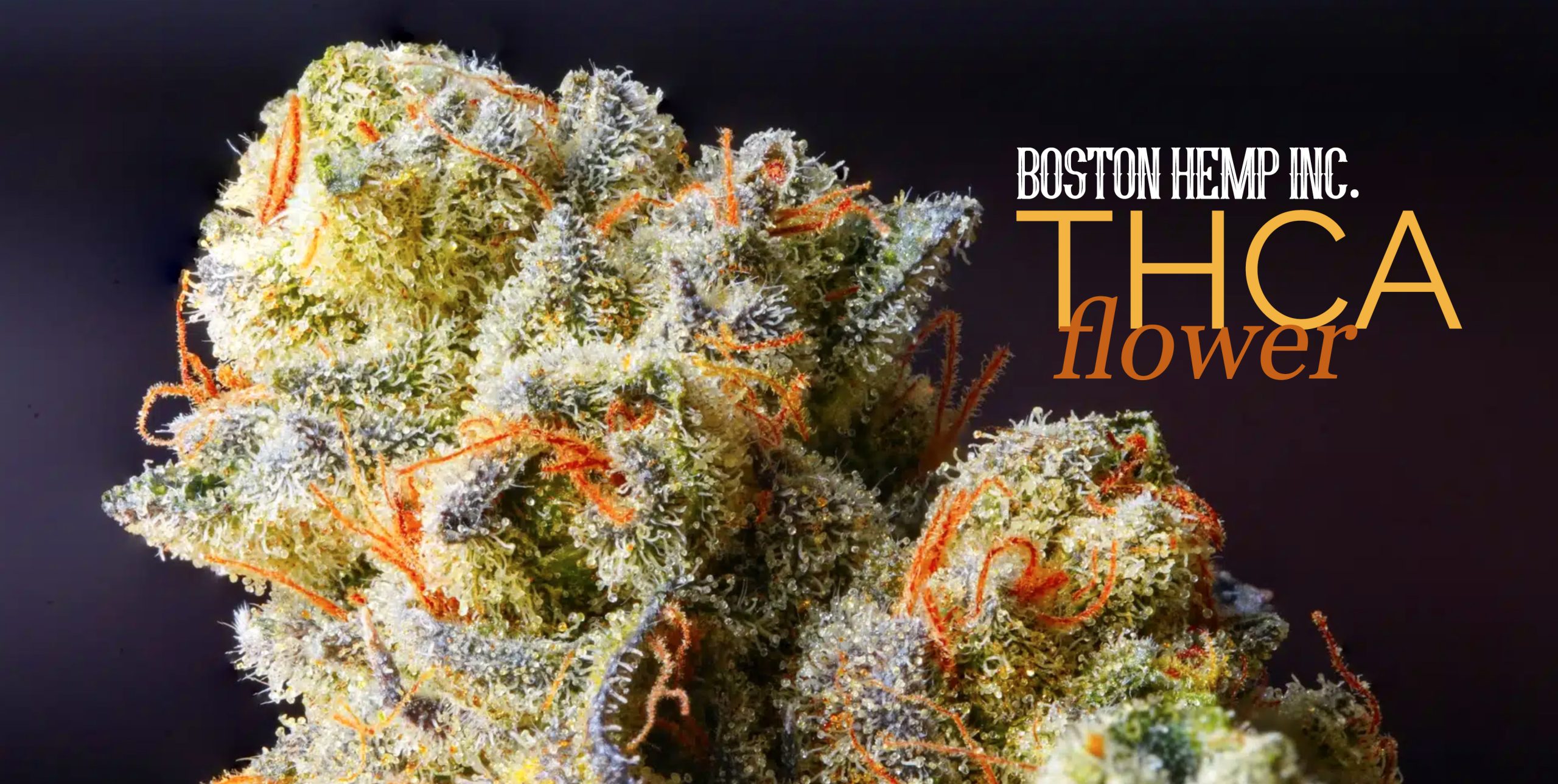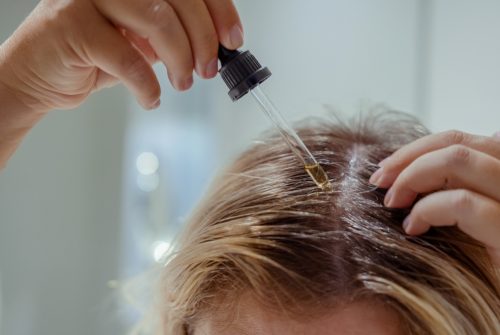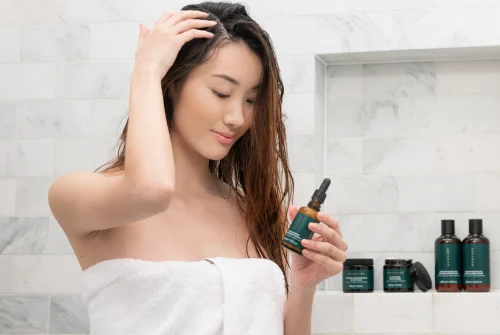
As the cannabis market continues to diversify, one product is quickly gaining attention among health enthusiasts, curious consumers, and connoisseurs alike: THCA flower. Unlike its better-known cousin THC, THCA (tetrahydrocannabinolic acid) offers many of the potential therapeutic benefits of cannabis without the intoxicating “high.” In this article, we’ll explore what THCA flower is, how it differs from traditional cannabis products, and why it might be the next big thing in the rapidly evolving world of cannabinoids.
What Is THCA Flower?
THCA flower refers to raw, unheated cannabis buds that are rich in tetrahydrocannabinolic acid. In living plants, THCA is the precursor compound that, through the process of decarboxylation (heating), converts into THC—cannabis’s famous psychoactive component. Because THCA in its acid form does not bind to the CB1 receptors in the brain, it does not produce the euphoria or cognitive changes associated with THC.
Key Differences: THCA vs. THC
Feature THCA Flower THC (Activated)
- Psychoactivity Non-intoxicating Intoxicating
- Chemical Form Tetrahydrocannabinolic acid Tetrahydrocannabinol
- Activation Requires heat (decarboxylation) Already active after heating
- Legal Status (Generally)* Often treated like CBD products Still federally controlled in many regions
- Common Uses Juicing, tinctures, topicals Smoking, vaping, edibles
*Always check local regulations before purchasing or using any cannabis-derived product.
Potential Benefits of THCA Flower
Anti-Inflammatory Properties
Preliminary research suggests THCA may help reduce inflammation, making it of interest to those managing aches, joint pain, or chronic inflammatory conditions.
Neuroprotective Effects
Early studies indicate THCA could have neuroprotective benefits, potentially supporting brain health and combatting neurodegenerative diseases.
Nausea and Appetite Support
Like THC, THCA may help alleviate nausea and stimulate appetite, yet without the psychoactive side effects.
Muscle Relaxation
Users often report relief from muscle tension and spasms when using THCA-rich products.
How to Use THCA Flower
Cold Juicing or Smoothies: Blend raw flower into juices or smoothies to preserve THCA’s acidic form.
- Tinctures: Soak the flower in high-proof alcohol to extract THCA without activating it.
- Topicals: Infuse creams or balms for localized relief of aches and skin conditions.
- Capsules: Encapsulate finely ground flower for precise dosing—ideal for on-the-go use.
Legal Considerations
Because THCA is non-intoxicating, it often falls into a legal gray area similar to CBD. Many jurisdictions permit its sale and consumption, but it’s crucial to verify local regulations. States or countries with strict cannabis laws may still regulate or prohibit THCA flower.
Choosing Quality THCA Flower
When shopping for THCA flower, look for:
- Third-Party Lab Testing: Confirms THCA potency and checks for contaminants (pesticides, heavy metals).
- Organic Cultivation: Minimizes exposure to harmful chemicals.
- Clear Labeling: Details on THCA percentage, harvest date, and strain lineage.
THCA flower represents a fascinating frontier in cannabinoid science, offering many of the medicinal and wellness benefits of cannabis without the mind-altering effects of THC. Whether you’re seeking natural relief from inflammation, looking to support neurological health, or simply curious about the latest cannabis innovation, THCA flower might just be the perfect addition to your wellness toolkit. Always start with a low dose, consult a healthcare professional if you have concerns, and enjoy exploring the non-intoxicating side of cannabis.






